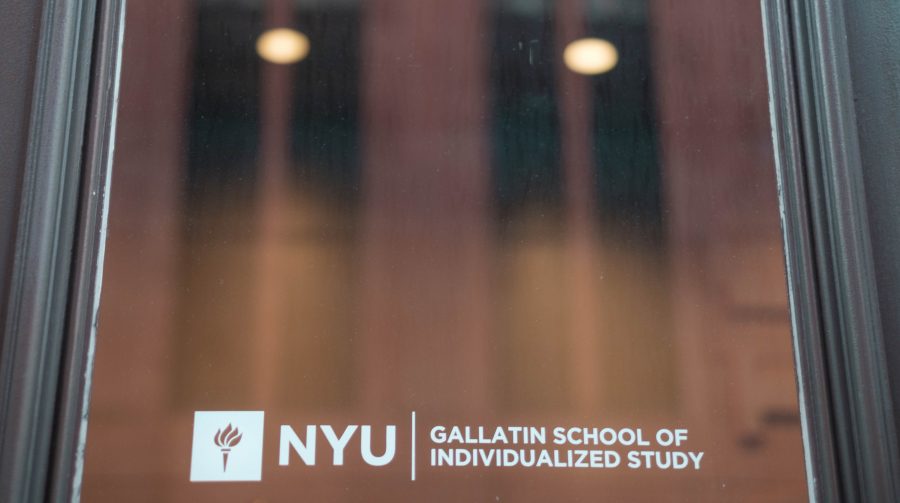Nearly two weeks after NYU publicly released the results of the Being@NYU survey, the Gallatin School of Individualized Study was the first school to host a town hall to discuss the report.
Town hall moderator and Associate Dean of Students Patrick McCreery said he believed it was important to host a forum on the survey results to allow students the opportunity to voice their thoughts before NYU receives the Gallatin-specific results for the survey. The date for when school-specific survey results will be released was not specified.
“I think it was our sense that a lot of students wanted to talk about it, and we don’t know when exactly when the Gallatin-specific results will come out,” McCreery said. “If students wanted to talk about it, then I thought we should have it [the town hall] now, and then we can have another one later on when the Gallatin-specific results do become available.”
In the event that was open to the public, Gallatin students and faculty on a panel shared skepticism over whether the survey accurately represented the thoughts of the whole student body.
“Of the 21,699 respondents, only 1,742 of them were black or of African descent. Only 1,704 were Hispanic, Latinx or Chicano and then only 2,461 were multicultural,” panelist and Gallatin senior Iris Carbonel said. “When you see those individual breakdowns compared to the 8,903 white students, it makes me wonder what it really means; what percent of respondents feel comfortable or very comfortable at NYU, what does it speak to and who is missing.”
While some faculty were not surprised by the overall results of the survey, Gallatin Dean Susanne Wofford was skeptical over concerns of nepotism in faculty hiring practices that the survey reported. In the survey, 26.8 percent of faculty believed the hiring practices of the university were unjust, with 37.3 percent of those faculty seeing nepotism as the leading unjust hiring practice.
“I don’t know what exactly what [sic] nepotism they had in mind, because that is actually rare and forbidden,” Wofford said.
Although nepotism is not allowed in hiring practices, faculty on the panel brought up the perceived prevalence of faculty spouses seeking employment from the university.
“When you try to recruit faculty members, most of the time, even associate professors, say, ‘I have a spouse who is an academic,’” Wofford said. “‘Will you hire them too?’”
Despite concerns over the university-wide survey results, Gallatin associate professor Kim DaCosta remained optimistic that the Gallatin-specific results would show a stronger sense of belonging at Gallatin.
“I’m really interested to see the Gallatin figures and my hope is that these statistics specifically about a sense of belonging look better because I think we do a better job of that in our department because we’re a smaller school,” DaCosta said.
As Gallatin and other NYU schools wait for the school-specific breakdowns of the survey, Gallatin students and faculty wondered what steps the university should take to address the concerns the survey reported.
McCreery felt as if student-driven initiatives could address the concerns brought up in the survey and discussed the example of forming a First-Gen Club at Gallatin, to give first-generation Gallatin students a platform in the community.
“For example, Gallatin does not have a First-Gen Club, a club of students or an organization of students who are first-generation [students] in college,” McCreery said. “If that’s something students would want to do, then we have mechanisms to help students do that. I get the value of these initiatives coming directly from students, and there is a possibility of doing that.”
Correction: A previous version of this article misattributed a quote to panelist and Gallatin sophomore Sam Gerlach.
Email Meghna Maharishi at [email protected].


























































































































































